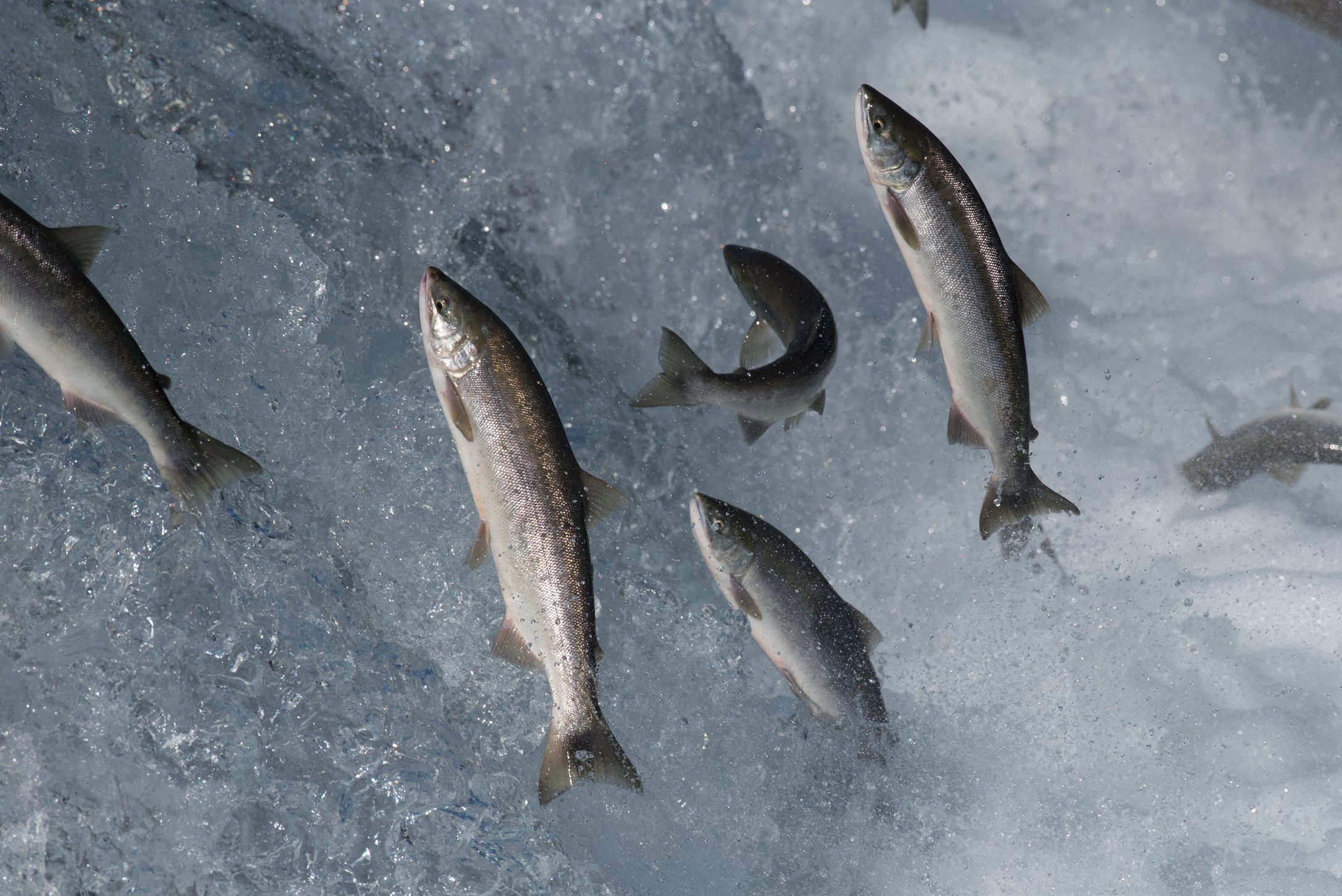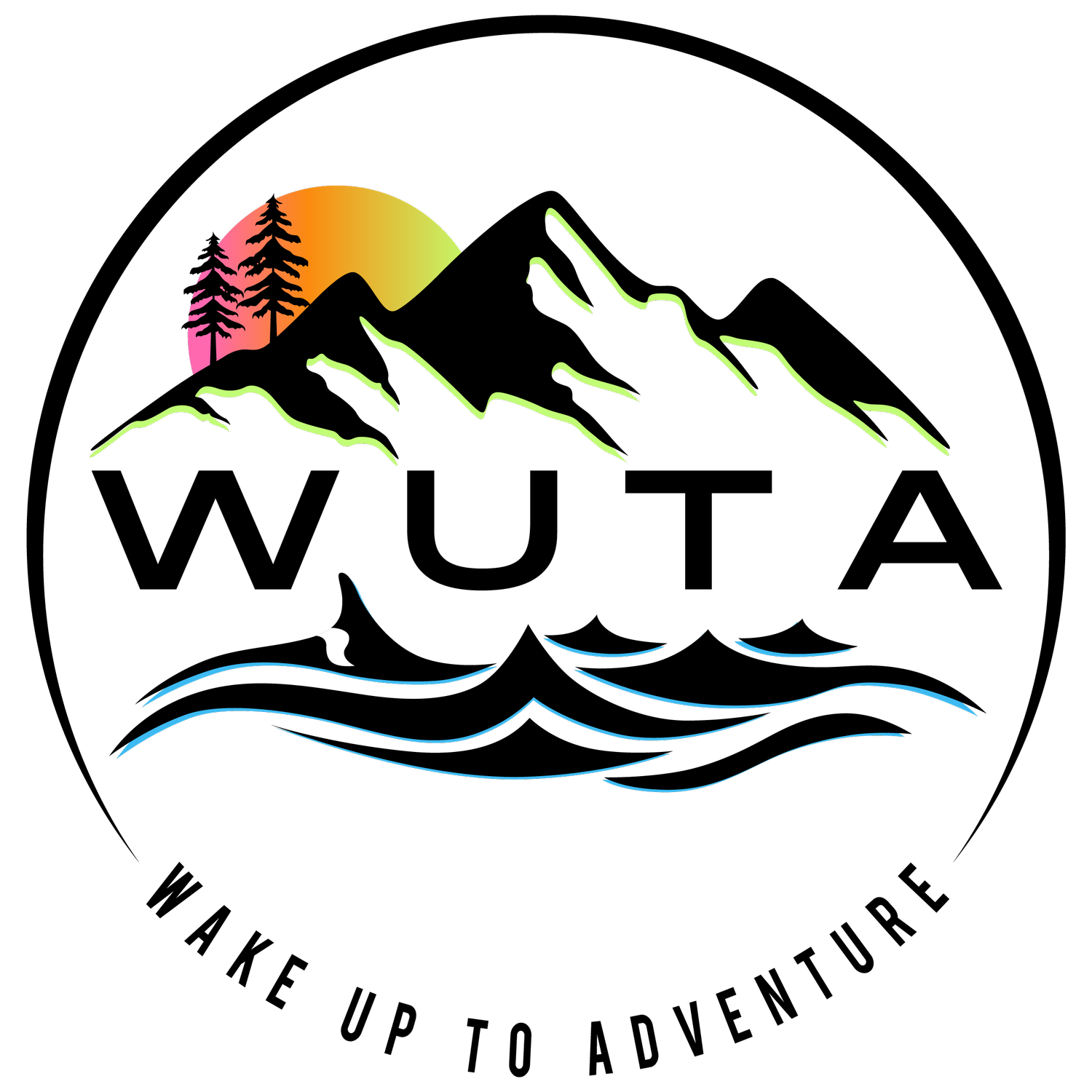
What We Do
Salmon (and herring) have been the thread that held the West Coast together for thousands of years. Ecologically, economically, culturally, and spiritually. In northern regions, they still are. But further south, they’re mostly relegated to stories, memories, and hatcheries. Where did the wild salmon go?
We have advocated for wild salmon for the last fifteen years, often one river or stream at a time. Our work has taken us from the southern Bering Sea, to the rainforests of Southeast Alaska and northern British Columbia, to the Salish Sea and Seattle’s Pugent Sound, to the Columbia River system, and all the way into Central California. And what has come into clear focus is that the story of salmon isn’t just the story of one river, of one community, of one country. It is the story of Us, up and down the West Coast, spanning five US states, one Canadian province and one territory, two countries, and more than a dozen indigenous nations Native to these lands and waters since Time Immemorial.
Presently, our immediate relationship with salmon differs significantly depending upon where we call home. But it wasn’t always that way. Not only have salmon served a vital ecological role in freshwater, estuarine, and marine ecosystems since before mankind, they have also served as the central source of reverence, around which many economies and ways of relating to the world through elevated respect or spiritual practice revolved.
For thousands of years, salmon were life-giving in more ways than one, and helped countless people relate to the cycles of life and death. Culturally, they’ve been our guide and our entry point into relating to our biological world every bit as much as they’ve been our source of food. And today, many communities once rich with the gifts of salmon are now salmon poor, while others remain healthy, productive, and rich beyond measure. Why?
It is our goal to tell the story of salmon through a full feature documentary and accompanying series of short videos. Their diverse relationships with other species (humans included), as close to its entirety as is possible. The beautiful parts. The empowering parts. The revelatory. The tragic. The embarrassing. And ultimately, the hopeful. We want to celebrate salmon for what they are: true life-givers, and reflect on their history over the past decades and centuries. In doing so, we hope people will begin to remember what we’ve forgotten, and look out at our shared horizon with a courageous sense of honesty, so that we can get to work doing what needs to be done.
Realizing how many people are out there, giving what they can for salmon, is eye opening.
When we first began the planning of this project, we shopped the idea around to a few specific people that we thought might be onboard. We were given nods of support, but not a lot of direct help in the trenches. We looked at each other and basically said, “Well, I guess we’re on our own on this,” and got to work assuming that would be the reality. That we’d be on our own.
However, once we began the work in earnest, it was incredible to learn how many courageous people are out on the front lines, sometimes out in broad daylight, sometimes under the cover of anonymity, doing what needs to be done. We’ve talked with people from five states, one province, and one territory, on both sides of the border, and nearly every single conversation led to recommendations to connect with three or four other people, all of whom were out there giving their all to maintain a functioning and interconnected set of ecosystems (upon which we, as humans, depend). It turns out, there are a lot of us. And indeed, there is strength in numbers.
If you’ve ever felt alone when confronting ecological realities, if you’ve ever wondered why other people don’t care, we can assure you this: you are not alone. And there are a lot of people that care. Perhaps what we need is more effective ways to find each other, across national borders, across state lines, even across the street. And to find a way to bring our collective voices into a bigger, broader one, one that comes from all walks of life, one that is simply too strong to be buried or hidden in the murky waters that have led us to our present state.
Our film intends to bring voices together. Smart voices, informed voices, voices of many people who care, just like you. Not just to tell the story of salmon, but to tell the story of us as people, and what the implications are for a lost relationship with a wild, productive, and prolific natural world.
As much as our project will be salmon-focused, we also intend to investigate the social ripple effects that come with our modern day estrangement from the biological world in which we’ve evolved, and explore any correlations between generational amnesia, disconnect from our natural home, and the contemporary issues that fill our newspapers on a daily basis.
Thankfully, this is not a doomsday story. Not just a story of loss. It is also a story of life, of cycles, of vision. Determination and commitment. Of hope based on facing the music and confronting the elephant in the room. It is a story about informing ourselves of what has led us to our current position, so that we can identify obstacles and navigate around them as we move together, like a wild school of salmon, on the faith that with enough of us, there will be bright days ahead.

